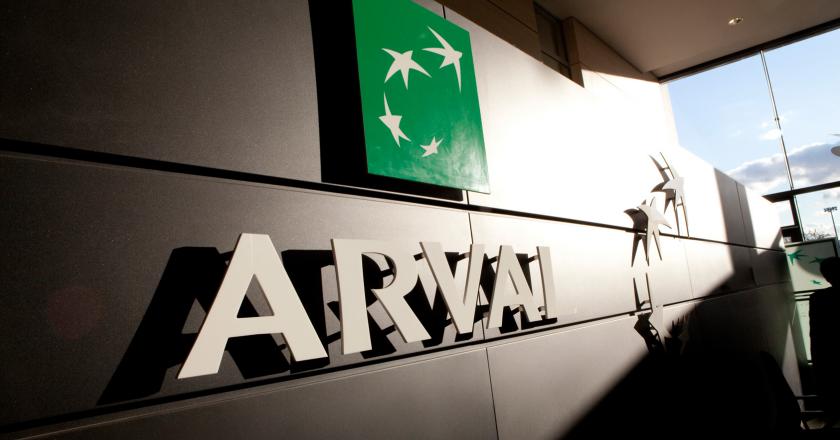
Leaders from the UK and European automotive industries have united to call for a free trade agreement (FTA), in order to avoid a ‘no-deal Brexit disaster’.
The European Automobile Manufacturers’ Association (Acea) and the European Association of Automotive Suppliers (CLEPA) have joined forces with 21 national associations, including the Society of Motor Manufacturers and Traders (SMMT), German Association of the Automotive Industry (VDA), Comité des Constructeurs Français d’Automobiles (CCFA) and La Plateforme automobile (PFA), to warn of the severe repercussions a no-deal Brexit could have for the auto industry.
Economies and jobs on both sides of the channel are at risk of a second blow, said the associations, following around €100bn worth of production lost so far this year due to the Covid-19 crisis.
Without a deal in place by 31 December, both sides would be forced to trade under World Trade Organisation (WTO) rules, including a 10% tariff on cars and up to 22% on vans and trucks. Such tariffs – far higher than the small margins of most manufacturers – would almost certainly need to be passed on to consumers, making vehicles more expensive, reducing choice, and impacting demand. Furthermore, automotive suppliers and their products will be hit by tariffs. This will make production more expensive or will lead to more imports of parts from other competitive countries.
Before the coronavirus crisis hit, EU and UK production of motor vehicles was running at 18.5m units a year. This year some 3.6m units have already been lost across the sector due to the pandemic. New calculations suggest that, for cars and vans alone, a reduction in demand resulting from a 10% WTO tariff could wipe some 3m units from EU and UK factory output over the next five years, with losses worth €52.8bn to UK plants and €57.7bn to those based across the EU. Suppliers would also suffer from these changes.
Achieving an EU-UK FTA with automotive-specific provisions is critical to the European automotive industry’s future success, said the ACEA. Any deal should include zero tariffs and quotas, appropriate rules of origin for both internal combustion engine and alternatively fuelled vehicles, plus components and powertrains, and a framework to avoid regulatory divergence.
How well do you really know your competitors?
Access the most comprehensive Company Profiles on the market, powered by GlobalData. Save hours of research. Gain competitive edge.

Thank you!
Your download email will arrive shortly
Not ready to buy yet? Download a free sample
We are confident about the unique quality of our Company Profiles. However, we want you to make the most beneficial decision for your business, so we offer a free sample that you can download by submitting the below form
By GlobalDataCrucially, businesses need detailed information about the agreed trading conditions they will face from 1 January 2021 to make final preparations. This, combined with targeted support and an appropriate a phase-in period that allows for greater use of foreign materials for a limited period of time, will ensure businesses are able to cope with the end of the transition period.
Eric-Mark Huitema, director general of ACEA, said: “The stakes are high for the EU auto industry – we absolutely must have an ambitious EU-UK trade agreement in place by January. Otherwise our sector – already reeling from the COVID crisis – will be hit hard by a double whammy.”
Mike Hawes, chief executive of the SMMT, added: “These figures paint a bleak picture of the devastation that would follow a ‘no deal’ Brexit. The shock of tariffs and other trade barriers would compound the damage already dealt by a global pandemic and recession, putting businesses and livelihoods at risk. Our industries are deeply integrated so we urge all parties to recognise the needs of this vital provider of jobs and economic prosperity, and pull out every single stop to secure an ambitious free trade deal now, before it is too late.”







